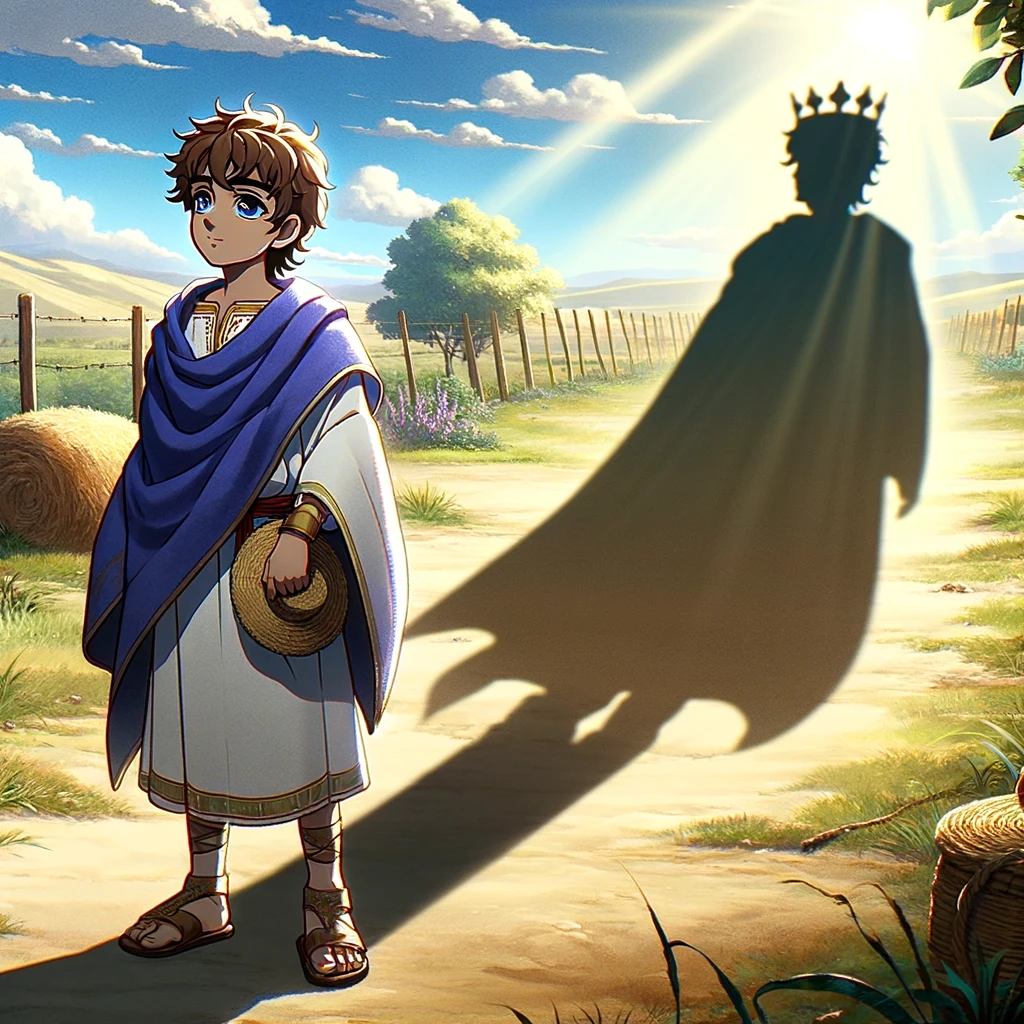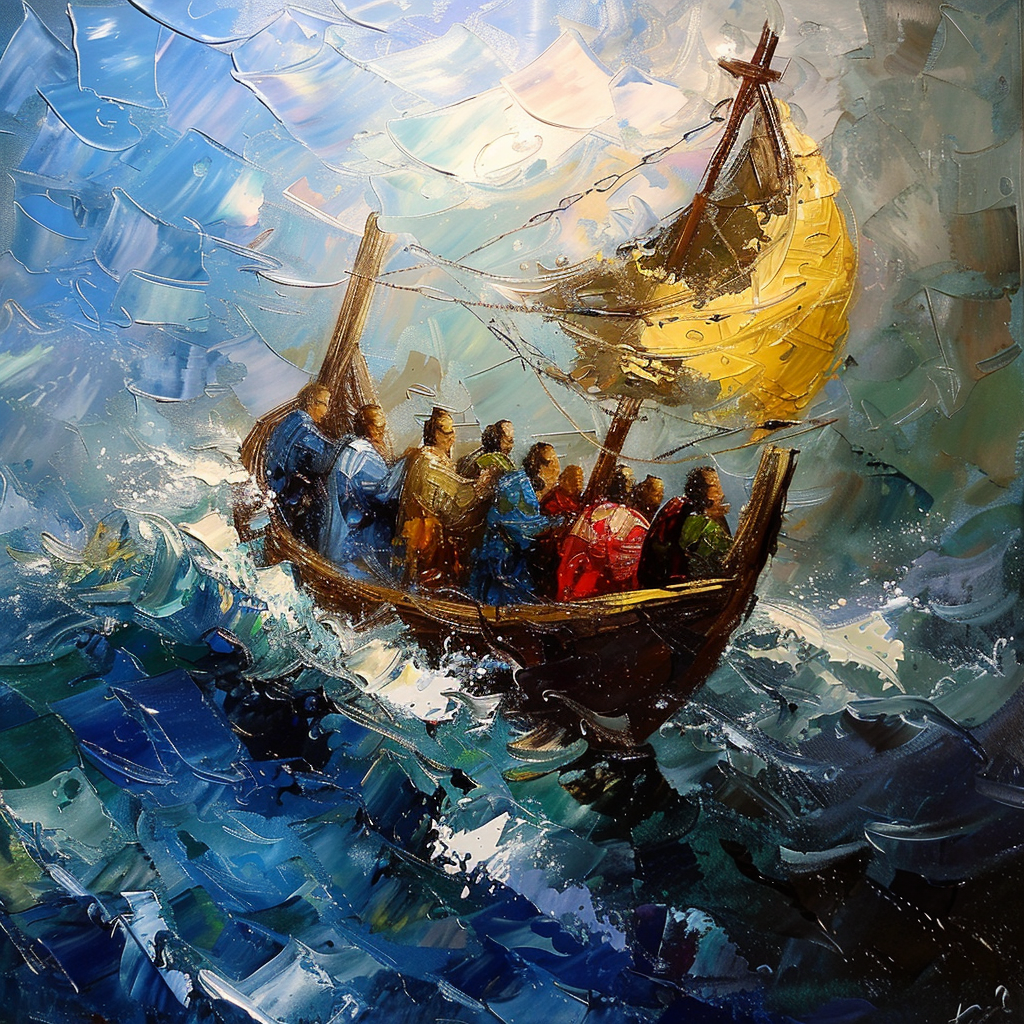Opening Verse
“Trust in the LORD with all thine heart; and lean not unto thine own understanding. In all thy ways acknowledge him, and he shall direct thy paths.” – Proverbs 3:5-6 (KJV)
Introduction
Life often surprises us with responsibilities or roles we feel unprepared for. The feeling of being thrust into the unknown can trigger anxiety and self-doubt. Yet, these moments are not mere coincidences; they are divine appointments meant to stretch our faith, grow our character, and discover our hidden strengths.
Devotional Story
Imagine a young shepherd, unexpectedly chosen to lead a nation. He felt unprepared, inadequate, and fearful of the enormity of the task ahead. Yet, this shepherd, named David, didn’t let his fears define his future. Despite his initial insecurities, David embraced his role with faith, trusting in God’s guidance and plan. His journey was fraught with challenges, but his trust in divine direction transformed him from a humble shepherd into a king, a warrior, and a man after God’s own heart.
What This Means
You, too, might find yourself in situations that seem beyond your capability. Like David, you might feel unprepared and overwhelmed. However, these moments are opportunities for growth and self-discovery. They are invitations to trust not in your own abilities, but in God’s perfect plan for your life. When the path ahead seems unclear, remember that God is with you, guiding your steps towards a future filled with hope and purpose.
Think About This
Consider the responsibilities or roles you currently find challenging. How can you shift your perspective to see them as opportunities for growth and divine guidance? What unique qualities do you possess that might be exactly what’s needed in these situations?
Prayer
Dear Lord, in moments of uncertainty and self-doubt, remind me of Your unending presence and guidance. Help me to trust in Your plan, knowing that You have prepared me for the roles and responsibilities You’ve placed in my path. Grant me the courage to embrace my journey with faith, believing in the purpose and potential You see in me. Amen.
Closing Verse
“For I know the plans I have for you,” declares the LORD, “plans to prosper you and not to harm you, plans to give you hope and a future.” – Jeremiah 29:11 (KJV)









